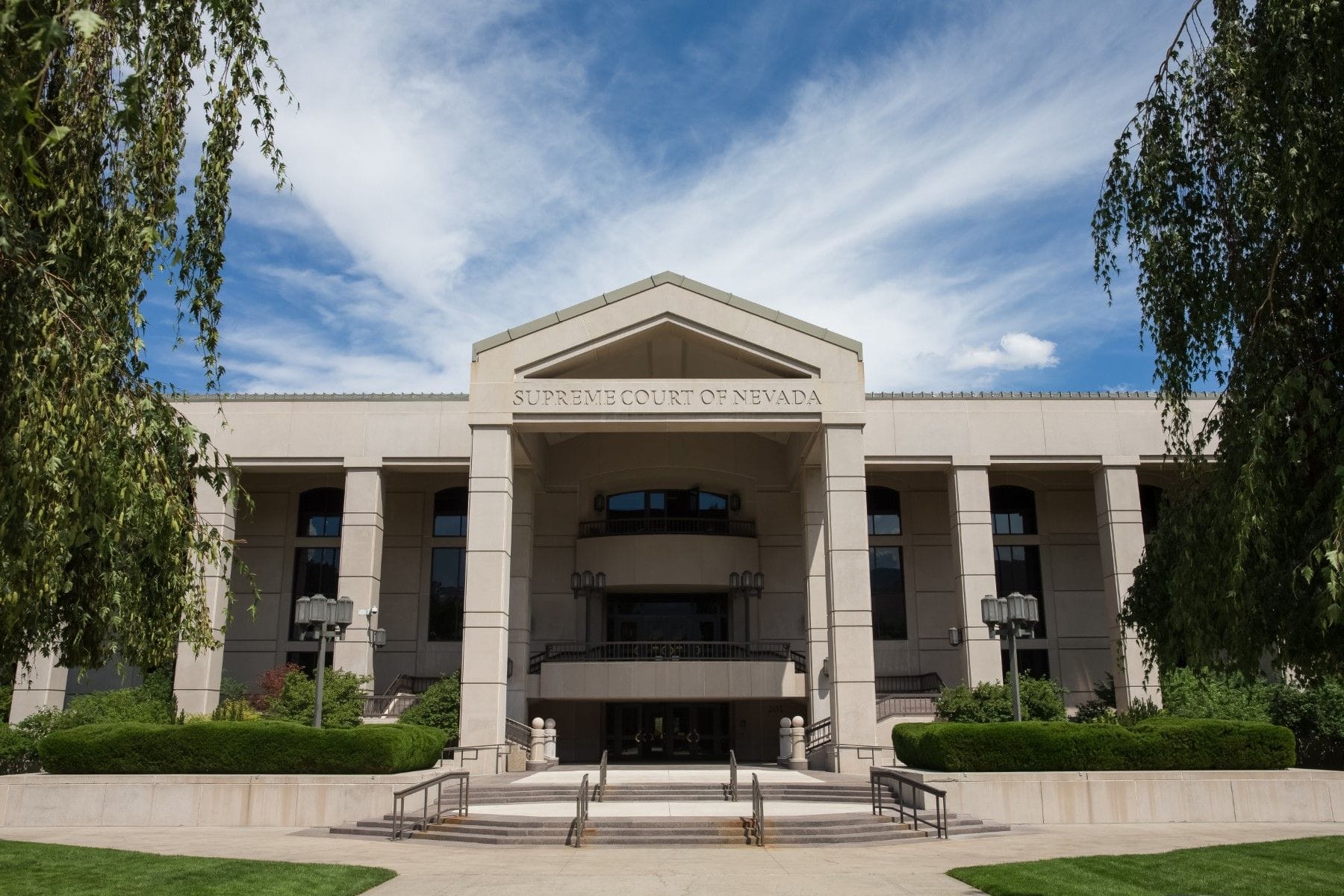Nevada Expert Witness Disclosure Requirements
Nevada mandates timely expert witness disclosures to enhance trial fairness, emphasizing comprehensive information and prompt updates to uphold litigation integrity.
Updated on
In this article
When Are Expert Witness Disclosures Required in Nevada?
In Nevada, expert witness disclosures are a critical component of the pre-trial discovery process. The timing of these disclosures is governed by the Nevada Rules of Civil Procedure (NRCP), specifically Rule 16.1. According to NRCP 16.1(a)(2), parties are required to disclose expert witnesses at least 90 days before the trial date. This timeline ensures that all parties have adequate time to evaluate the expert testimony and prepare their cases accordingly.
Supplemental disclosures, which may be necessary if new information becomes available or if there are changes in the expert's analysis, must be made in a timely manner. Rule 16.1(a)(2)(C) stipulates that these supplemental disclosures should be made as soon as practicable and no later than 30 days before trial. This requirement helps maintain fairness and transparency in the litigation process by ensuring that all parties are aware of any changes in expert testimony that could impact the case outcome.
In certain instances, the court may impose case-specific deadlines for expert witness disclosures. These deadlines can be set during pre-trial conferences or through specific scheduling orders issued by the court. Attorneys should pay close attention to these orders to ensure compliance and avoid potential sanctions or the exclusion of expert testimony.
Information That Must Be Included in the Disclosure
Under NRCP 16.1, expert witness disclosures must provide comprehensive information to facilitate a thorough evaluation of the expert’s qualifications and opinions. The disclosure must include:
- Expert Qualifications: A complete statement of the expert’s qualifications, including education, training, and experience. This information establishes the expert's credibility and competence in the relevant field.
- Opinions and Bases for Opinions: A detailed summary of the expert’s opinions, along with the factual and methodological bases for those opinions. This includes the data or other information the expert considered in forming their opinions.
- Fee Structures: Disclosure of the compensation arrangement for the expert’s services, which can be crucial for assessing potential biases.
- Prior Testimony: A list of other cases in which the expert has testified as an expert at trial or by deposition within the preceding four years. This history provides insight into the expert’s experience and potential biases.
These elements are essential for ensuring that the opposing party can effectively cross-examine the expert and prepare any counter-expert testimony.
Supplementing and Amending Expert Disclosures
The duty to supplement or amend expert disclosures in Nevada is outlined in NRCP 26(e). Parties are required to update their disclosures if they learn that the information initially provided is incomplete or incorrect in a material respect. Supplementation must occur in a timely manner, allowing the opposing party to address any new information before trial.
Failure to properly supplement or amend expert disclosures can lead to significant consequences. The court may impose sanctions, including the exclusion of the expert’s testimony, if it finds that a party has not complied with the disclosure requirements. Therefore, attorneys must be diligent in monitoring their expert witnesses’ analyses and promptly disclosing any changes.
Consequences of Failing to Properly Disclose an Expert
Failing to adhere to the expert disclosure requirements in Nevada can have severe repercussions. The primary penalty for non-compliance is the exclusion of the expert’s testimony, as outlined in NRCP 37(c)(1). This exclusion can be devastating to a party’s case, particularly if the expert’s testimony is central to proving a key element of the claim or defense.
In addition to exclusion, the court may impose other sanctions, such as monetary penalties or adverse inference instructions to the jury. A motion to exclude the expert witness may also be filed by the opposing party, further complicating the litigation process.
The broader litigation risks associated with disclosure failures include increased legal costs, delays in proceedings, and potential damage to the attorney’s professional reputation. Therefore, meticulous attention to the disclosure requirements is imperative for legal practitioners in Nevada.
State-Specific Rules and Key Considerations
Nevada's expert disclosure rules are largely consistent with the Federal Rules of Civil Procedure (FRCP), but there are notable distinctions and state-specific considerations. For instance, NRCP 16.1 places a significant emphasis on early and comprehensive disclosure to streamline the discovery process and encourage settlement.
One key consideration for attorneys practicing in Nevada is the state’s adherence to the "discovery-friendly" approach, which favors broad and open exchange of information between parties. This approach is designed to reduce surprises at trial and promote fairness in the litigation process.
Additionally, legal practitioners should be aware of any local rules or judicial preferences that may impact expert disclosures. For example, certain districts may have unique requirements for the format or timing of disclosures, necessitating careful review of local court rules.
In conclusion, understanding and complying with Nevada’s expert witness disclosure rules is essential for effective litigation. By adhering to the prescribed timelines, providing comprehensive disclosures, and promptly supplementing any changes, attorneys can avoid procedural pitfalls and ensure the admissibility of critical expert testimony. Nevada’s emphasis on early and transparent disclosure supports a fair trial process and allows for well-informed legal strategy on both sides. Legal professionals must remain attentive to both statewide rules and local court practices to fully meet their obligations and position their cases for success.


